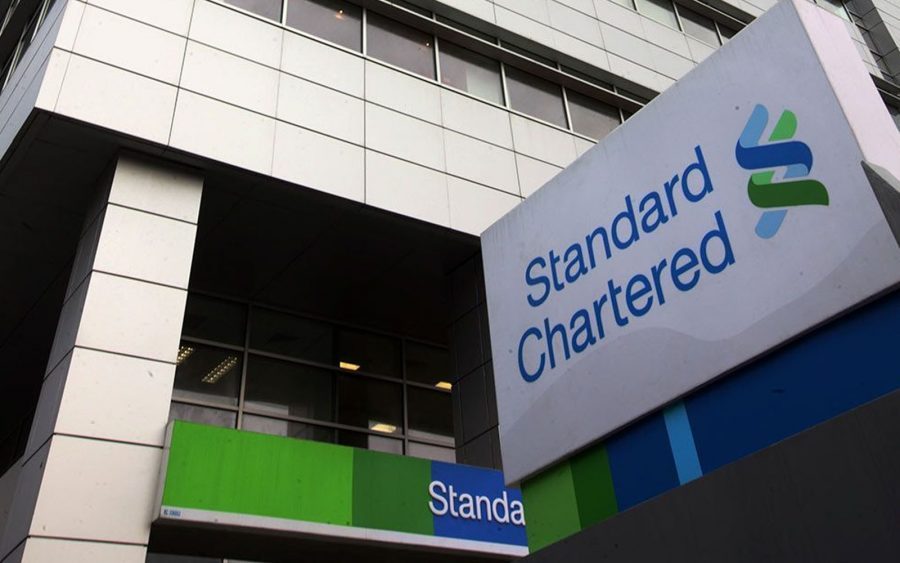A former Group Managing Director of Nigerian National Petroleum Corporation (NNPC), Chief Chambers Oyibo has given a comparative analysis of the emerging Dangote Refinery located within the waterfront of Lekki Free Trade Zone, Lagos, saying the decision to site it in Lagos remains the most strategic.
In an interview, he said the 650,000bpd capacity refinery is first of all located within the most populous state in Nigeria which means it is within a good market centre.
He said “Secondly, by the reason of the location, the refinery can source crude from any part of the world without any hitch or challenge of pipeline to location. All it needs is plug and play”.
“The next advantage is that it can export without no challenge which still means that it is plug and play in terms of exports.
Oyibo stressed that government’s control of petroleum products’ prices remains a major obstacle to private investment in refineries, saying, “The other thing is that many of these people who had licences didn’t have any source of crude”.
“We had thought the government was going to deregulate. Then politics took over and then they didn’t do what they were supposed to do. Until they do that, private investors would be reluctant to invest. People will say, ‘What of Dangote?’ Dangote has put his refinery in a location where he is free to export all his products if he wants. He is free to also get his crude from whatever sources he can.”
He said Dangote would buy crude oil at the international markets at the general price and sell refined products at international price, adding, “He will sell at the price at which sensible people in Nigeria would rather buy from him than import.”
Corroborating Oyibo’s views, the Chairman, Eko Petrochem and Refining Company Limited, Mr Emmanuel Iheanacho, described refineries as complex structures, saying interested investors must be able “to cross the hurdle of the technical capacity requirement”.
“The second issue is financing. The third issue that made it impossible for people to build refineries is the market structure and regulatory environment within which Nigerian private sector refineries could be built,” he told our correspondent.
He averred that “If you have a situation where government dictates the volume of products that can be brought into the country and the price at which it would be sold, it will be difficult to build a refinery because the cost factors and the pricing policy of the refineries might not be in tandem with what government wants.”
Iheanacho argued further that boosting domestic refining capacity would save the nation a lot in foreign exchange; create a huge job opportunity, and opportunity for the acquisition of technology.









